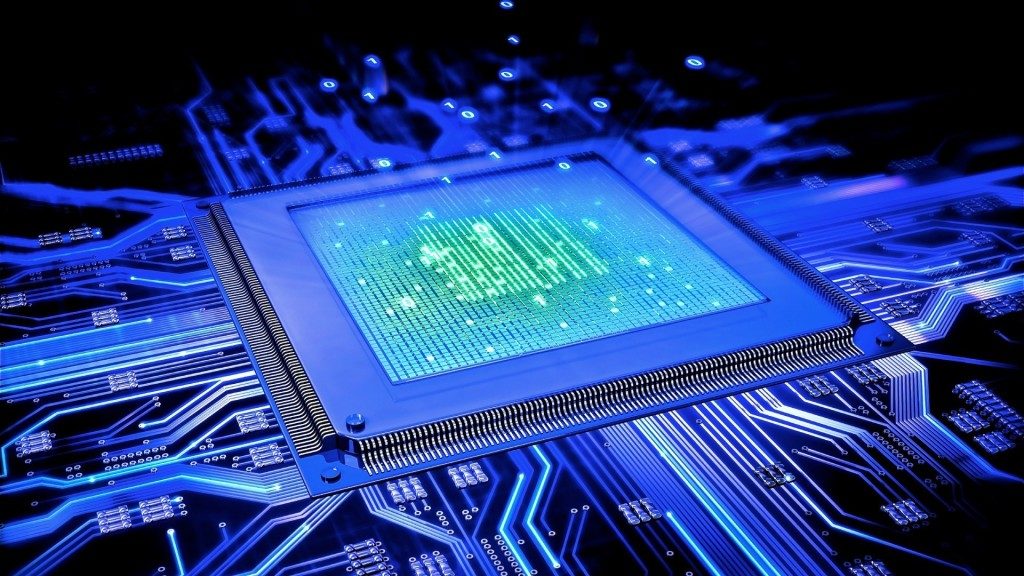DIPLOMA IN ELECTRONICS ENGINEERING
1st Year
- Professional Communication
- Applied Mathematics-I
- Applied Physics
- Applied Chemistry
- Engineering Mechanics & Materials
- Electrical Engineering-I
- Electronic Components and Devices.
- Technical Drawing
- Elementary Workshop Practice.
- Computer Application for Engineering


2nd Year
- Applied Mathematics-II
- Electrical Engineering-II
- Industrial Electronics & Transducers
- Network Filters & Transmission Lines.
- Electronic Devices and Circuits
- Principal of Communication Engineering
- Principal of Digital Electronics
- Electronics Workshop
- Programming in C & C++


3rd Year
- Industrial Management and Entrepreneurship Development
- Environmental Education & Disaster Management
- Communication System
- Electronic Instruments and Measurement.
- Audio and Video System
- Television Engineering
- Microprocessor and Application
- Electronics Projects i. Problems ii. Field Exposure
- Elective (any of the following) A. Modern Communication System B. Advance Microprocessor & Interface C. Bio Medical Electronics D. Microelectronics E. Microwave & Radar Engineering F. Electronic Equipment Testing G. Modern Consumer Electronics Application


Programme Objective
A battle is half won when one gains the habit of setting goals and achieving them. Even the most tedious chores will become endurable as one parade though each day, convinced that every task, no matter how menial or boring brings you closer to fulfilling your dreams. Like ways at SAMS, we have some goals and connected objectives to turn our students into technocrats of tomorrow.
Some of these objectives are:
- To motivate our students to pursue their education in such a manner so that they can lead the next generation in transforming the engineering disciplines .
- To introduce them, with not just the theoretical aspects of their curriculum but with the practical and most updated innovations of the industry through class presentations, assignments and live demonstrations in state-of-the-art laboratories and workshops.
- To make them understand natural systems, to foster the intelligent use of resources and to design sustainable infrastructure systems.
- To respond to the growing needs of students belonging to the lower and middle strata of the society.
- To facilitate them with industry insight through industrial training and industrial visit incorporated in curriculum.
- To provide them the quintessential requirements of today’s industrial arena viz. communication skills, human resource management and marketing.
- And lastly, to build them as individuals who can usher in technology driven economic development of the country in order to enrich the quality of life of its citizens.
Eligibility : Minimum qualification for securing admission to the Diploma in Engineering in Civil, Electrical, Electronics and Computer Science in class 10th, passed or appearing from a recognized board.
